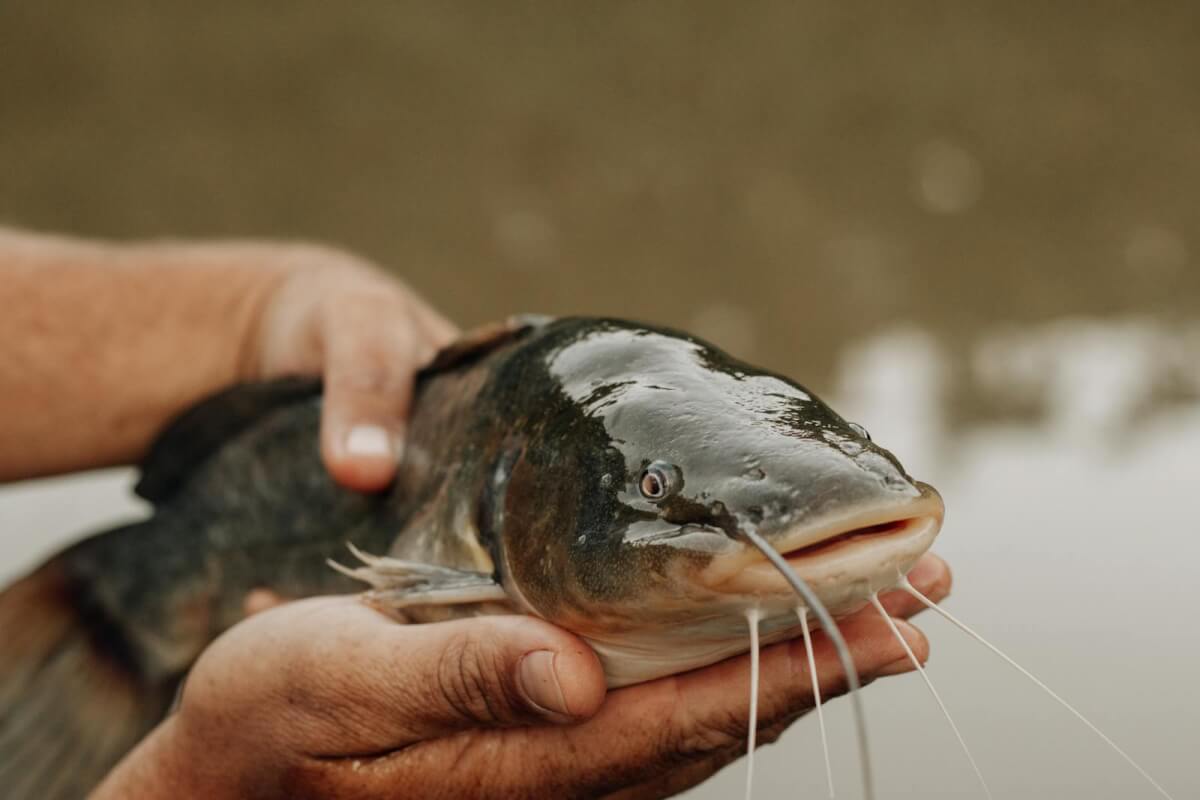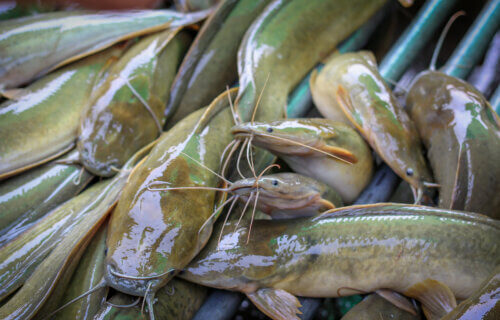💡What To Know:
- Skin mucus from the African catfish may help fight off E. coli infections.
- A peptide called NACAP-II appears to protect mammalian blood cells.
- Globally, there are 4.95 million deaths per year tied to drug-resistant superbugs.
DAVIS, Calif. — As antibiotic resistant pathogens continue to spread at an alarming rate across the globe, new research out of California offers up a surprising potential source of bacteria fighting power. Researchers have extracted a compound that exhibits powerful antibacterial properties from the skin mucus of farmed African catfish.
While further testing is necessary in order to confirm the compound is safe and effective for use as an antibiotic in the future, study authors speculate it may one day become a potent new tool against antimicrobial-resistant bacteria. For example, extended-spectrum beta-lactamase (ESBL) producing E. coli.
“The global public health threat due to antimicrobial resistance necessitates the search for safe and effective new antibacterial compounds,” says Hedmon Okella, the study leader and postdoctoral researcher at the University of California, Davis, in a media release. “In this case, fish-derived antimicrobial peptides present a promising source of potential leads.”

To research this topic, the research team extracted several peptides (short chains of amino acids) from African catfish skin mucus. Then, they utilized a series of machine learning algorithms — a form of artificial intelligence — to screen the mucus for potential antibacterial activity. From there they chemically synthesized the most promising peptide (called NACAP-II) and tested both its efficacy and safety on ESBL-E. coli and mammalian blood cells.
Those tests revealed NACAP-II causes the bacteria to break open, or lyse, without actually harming the mammalian blood cells.
“Preliminary findings indicate that this promising peptide candidate potentially disrupts the bacterial cell envelope to cause lysis at a very low concentration,” Okella adds.
The peptide’s specific location, within the mucus on the skin of farmed African catfish, isn’t as farfetched a source of bacterial-fighting power as it initially appears, researchers posit. They explain that fish feature a slippery layer of mucus all over. This substance helps protect them from infections by physically delivering germs off of the skin and producing antimicrobial compounds just like the one Okella’s team successfully isolated.
Various pre-existing medications originate from compounds found in nature. Scientists speculate marine and aquatic organisms represent a particularly rich (and mostly untapped) source of bioactive compounds. Moving forward, researchers would like to conduct further studies on the peptide’s effects in animal models and explore potential strategies to produce it affordably.
Researchers will present the new research at Discover BMB, the annual meeting of the American Society for Biochemistry and Molecular Biology.
